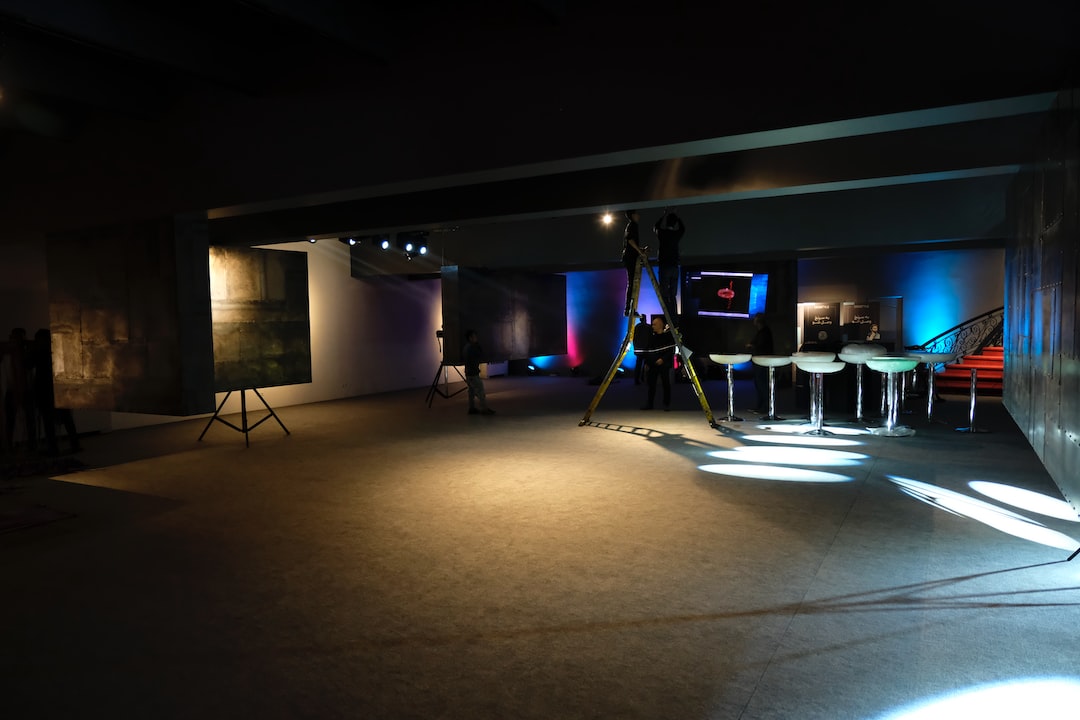Photography is a beautiful art form that allows us to capture moments, emotions, and the world around us in a visual representation. Whether you are a professional photographer looking to enhance your craft or an amateur seeking to improve your skills, there are several ways you can take your photography to the next level. In this blog post, we will discuss some effective tips to help you improve your photography skills.
1. Understand your equipment: To begin with, it is important to familiarize yourself with your camera and its settings. Take the time to read the user manual and experiment with different modes and functionalities. Knowing how to utilize the full potential of your camera will enable you to capture better images and explore creative possibilities.
2. Learn the fundamentals of composition: Composition is one of the fundamental aspects of photography. By understanding the principles of composition such as the rule of thirds, leading lines, symmetry, and framing, you can greatly enhance the visual appeal of your images. Practice composing your shots in a way that creates balance, depth, and interest.
3. Experiment with different perspectives: Don’t be afraid to think outside the box and experiment with various angles and perspectives. Try getting down low or shooting from a higher vantage point to add a fresh and unique perspective to your photographs. Changing your viewpoint can make a significant difference in the overall impact of your images.
4. Master the art of lighting: Lighting plays a crucial role in photography. Learn to work with natural light as well as artificial lighting to create different moods and effects. Experiment with different lighting conditions, including golden hour (morning or evening), backlighting, and side lighting. Understanding how light affects your subject and how to manipulate it will take your photography skills to another level.
5. Study the work of others: One of the best ways to improve your photography skills is by studying the work of other photographers. Take the time to research and explore the portfolios of renowned photographers in various genres. Analyze their techniques, compositions, and use of lighting. This will broaden your understanding of photography and inspire you to develop your unique style.
6. Practice regularly: Like any other skill, photography requires practice. Make it a habit to take your camera out regularly and capture different subjects, scenes, or events. The more you practice, the more you will refine your skills and develop your own artistic vision.
7. Critique your own work: Learning to critique your own work is essential for improvement. Take the time to review your photographs with a critical eye. Be objective and identify areas that can be improved, whether it is composition, exposure, or post-processing. This self-evaluation will help you identify your strengths and weaknesses and give you a roadmap for growth.
8. Join photography communities: Surrounding yourself with like-minded individuals is a great way to learn and grow as a photographer. Join online photography communities or local photography clubs where you can share your work, receive feedback, and participate in group activities. Interacting with others who share your passion will expose you to new perspectives and inspire you to push your boundaries.
9. Post-processing: Post-processing is an essential aspect of modern photography. Editing your images using software like Adobe Lightroom or Photoshop can take your photos to the next level. Learn the basics of post-processing, such as adjusting exposure, contrast, saturation, and sharpening. However, always strive for a balanced approach and avoid over-editing that can lead to unrealistic and unnatural-looking images.
10. Keep an open mind and have fun: Finally, remember that photography is a creative process and that there are no hard and fast rules. Be open to trying new techniques and pushing your boundaries. Explore different genres of photography, experiment with various styles, and most importantly, have fun with your photography journey.
In conclusion, improving your photography skills requires a combination of technical knowledge, artistic vision, and consistent practice. By understanding your equipment, mastering composition and lighting, studying the work of others, and continuously practicing and critiquing your own work, you can elevate your photography skills to new heights. Joining photography communities, learning post-processing techniques, and maintaining an open mind will further contribute to your growth and development as a photographer. So grab your camera, apply these tips, and embark on an exciting journey of self-improvement and artistic exploration.


